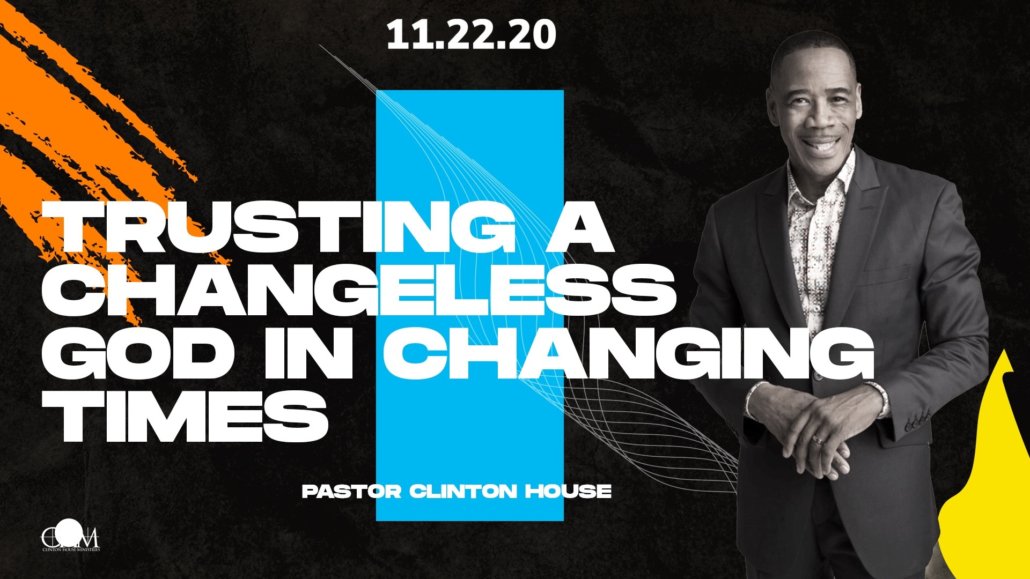https://mfmnv.org/wp-content/uploads/2020/12/expect-the-great-health-and-wellness.jpg
720
1284
Andrea Solid
https://mfmnv.org/wp-content/uploads/2016/12/logo-300x92.png
Andrea Solid2020-12-09 11:30:162020-12-30 11:26:04Expect the Great
https://mfmnv.org/wp-content/uploads/2020/12/agreement-with-God.jpg
720
1284
Andrea Solid
https://mfmnv.org/wp-content/uploads/2016/12/logo-300x92.png
Andrea Solid2020-12-03 11:57:362021-01-02 13:51:25Agreement with God
https://mfmnv.org/wp-content/uploads/2020/12/expect-the-great.jpg
720
1284
Andrea Solid
https://mfmnv.org/wp-content/uploads/2016/12/logo-300x92.png
Andrea Solid2020-12-02 18:38:092020-12-13 07:36:40Expect The Great
https://mfmnv.org/wp-content/uploads/2020/11/11-22-20.jpg
1080
1920
Andrea Solid
https://mfmnv.org/wp-content/uploads/2016/12/logo-300x92.png
Andrea Solid2020-11-22 08:28:542020-11-28 18:52:22Trusting A Changeless God In Changing Times
https://mfmnv.org/wp-content/uploads/2020/11/ogt-day-5-2020-square.png
800
800
Andrea Solid
https://mfmnv.org/wp-content/uploads/2016/12/logo-300x92.png
Andrea Solid2020-11-20 08:40:172021-01-20 13:43:34O Give Thanks: Day Five
https://mfmnv.org/wp-content/uploads/2020/11/DAY-4-OGT-2020.png
720
1284
Andrea Solid
https://mfmnv.org/wp-content/uploads/2016/12/logo-300x92.png
Andrea Solid2020-11-19 13:31:512021-01-20 13:51:15O Give Thanks : Day 4
https://mfmnv.org/wp-content/uploads/2020/11/student-ministries-virtual-holiday-party.jpg
1605
1284
Andrea Solid
https://mfmnv.org/wp-content/uploads/2016/12/logo-300x92.png
Andrea Solid2020-11-19 13:21:432020-12-14 15:53:57Student Ministries Virtual Holiday Party
https://mfmnv.org/wp-content/uploads/2020/11/day-3-ogt-2020.jpg
1440
2560
Andrea Solid
https://mfmnv.org/wp-content/uploads/2016/12/logo-300x92.png
Andrea Solid2020-11-19 09:12:492020-11-28 18:52:57O Give Thanks Day 3: Anchored Thoughts
https://mfmnv.org/wp-content/uploads/2020/11/Day-1-ogt2020.png
720
1284
Andrea Solid
https://mfmnv.org/wp-content/uploads/2016/12/logo-300x92.png
Andrea Solid2020-11-17 16:13:242020-11-28 18:53:10O Give Thanks Day 1 Video
https://mfmnv.org/wp-content/uploads/2020/11/ogt-2020-day-2.jpg
855
1284
Andrea Solid
https://mfmnv.org/wp-content/uploads/2016/12/logo-300x92.png
Andrea Solid2020-11-17 16:09:102020-11-28 18:53:21O Give Thanks Day 2 Video
Scroll to top














